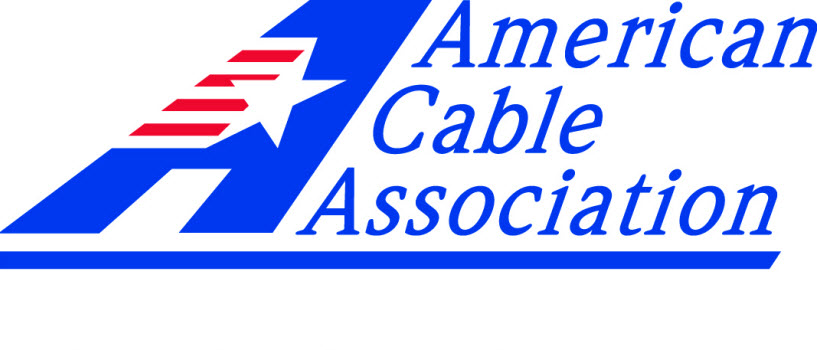ACA Skewers CAF Proposals for Lacking Data, Avoiding Statutory Requirements
The smarter way to stay on top of the multichannel video marketplace. Sign up below.
You are now subscribed
Your newsletter sign-up was successful

The first round of comments in the FCC's Connect America Fund (CAF) rulemaking have "strayed from the statute's 'reasonable comparability' requirement," according to the American Cable Association's reply comments on the competitive bidding program.
The responses of the major telecom providers "not only ... downplay the statute, but [also discourage] many parties from participating in the auction, thereby limiting the cost-effective distribution of support," the ACA said.
Related: FCC Wants to Fatten CAF [subscription required]
The FCC's final weighting of CAF Phase II bids must be based on the original statute and "an evolving level or service," ACA contended in its reply to the proposed rulemaking, which encompasses Rural Broadband Experiments.
Many of the companies responding to the FCC "tended to emphasize the need to maximize the number of locations served within the budget," according to a statement from ACA president/CEO Matthew Polka.
"The FCC should weight bids based on the statutory requirement that consumers in eligible areas receive reasonably comparable service to urban consumer preferences for broadband Internet access services over the 10-year timeframe of the program and that, to maximize participation, the deployment cost of bids in different performance tiers be normalized. Both of these factors can be determined using a methodology based on market data and are quantifiable," Polka said.
Related:FCC Approves CAF Bidding Framework for Competitive ISPs
The smarter way to stay on top of the multichannel video marketplace. Sign up below.
The ACA filing urged the FCC to reject the weighting system proposed by earlier commenters.
"The FCC cannot adopt such weights because they are arbitrary and will skew the competitive bidding process," the ACA argued. It also stressed that the weighting methodology should normalize costs among assumed technologies for each performance tier to maximize participation and to reflect consumer broadband preferences.
The ACA proposed that to maximize participation and reflect consumer preferences, weighting should account for the significant differences in costs for deploying different network technologies in different geographies among the performance tiers.
Contributor Gary Arlen is known for his insights into the convergence of media, telecom, content and technology. Gary was founder/editor/publisher of Interactivity Report, TeleServices Report and other influential newsletters; he was the longtime “curmudgeon” columnist for Multichannel News as well as a regular contributor to AdMap, Washington Technology and Telecommunications Reports. He writes regularly about trends and media/marketing for the Consumer Technology Association's i3 magazine plus several blogs. Gary has taught media-focused courses on the adjunct faculties at George Mason University and American University and has guest-lectured at MIT, Harvard, UCLA, University of Southern California and Northwestern University and at countless media, marketing and technology industry events. As President of Arlen Communications LLC, he has provided analyses about the development of applications and services for entertainment, marketing and e-commerce.

